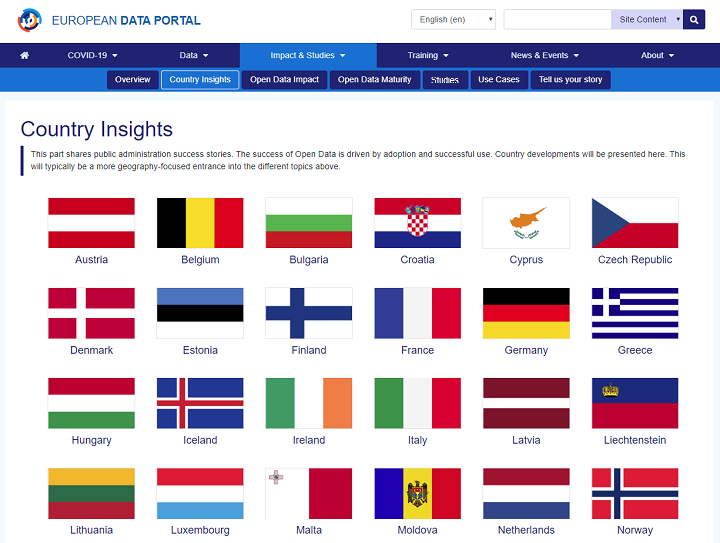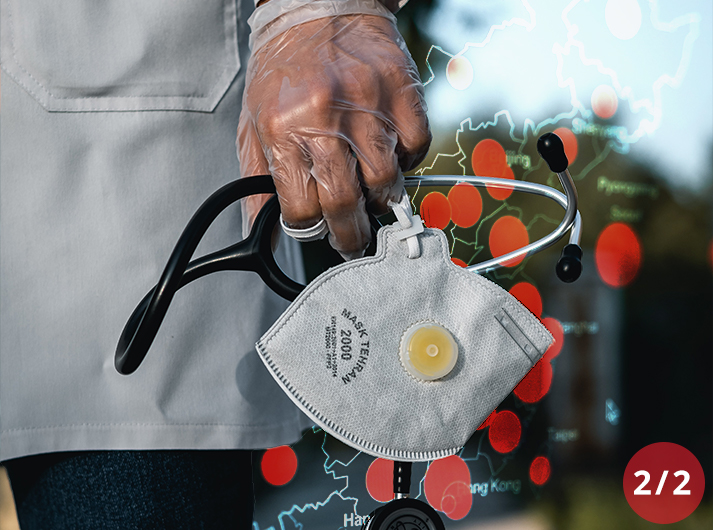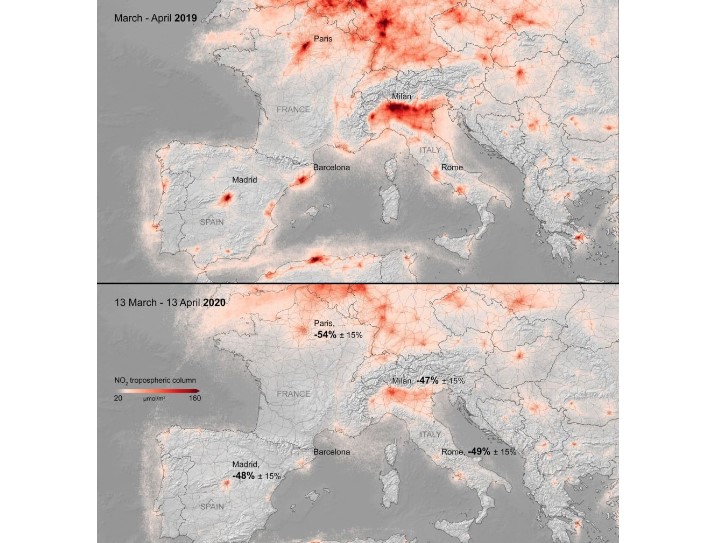
The global food system currently accounts for 10% of world GDP and employs approximately 1,5 billion people. As the system is increasingly globalised, food produce travels across continents before arriving at destination of consumption. This widespread import and export of foods results from consumers’ desires to pick their foods from various assortments all-year round.
Over the past 30 years, food exports have grown six-fold, with four-fifths of people living in part from calories that were produced in another country. For instance, in Western-European supermarkets one can find Mexican limes

- Data Story

The current COVID-19 crisis has led to national quarantines and global travel bans, bringing international travel to a standstill. According to a research performed by the United Nations World Tourism Organisation (UNWTO), 100% of UNWTO countries impose restrictions on travelling and 72% have completely closed their borders to international tourism. The exact travel restrictions per country can be found in a global dashboard created by the Humanitarian Data Exchange (HDX) using data from the World Food Programme (WFP). With the cancellation of business trips, holidays, and weekend getaways

The COVID-19 pandemic has fundamentally changed the world compared to how we knew it in the late 2019. Irrespective of the country we live or work in, the way globalisation makes us interdependent of each other makes us all affected by the consequences of the crisis. The widespread measures introduced by governments to contain COVID-19 pandemic led to temporary shutdowns in businesses, disruptions in the international supply chains, and restrictions in mobility. Furthermore, the measures have disrupted the way people work, learn, socialise and consume, inducing a transformation of societal

To complement the initiatives mentioned in the story, the European Data Portal created two interactive visualisations: Unemployment and GDP growth and global financial measures.
To slow down the spread of the COVID-19 virus, most countries around the world have implemented restrictive measures (for more information read our data story on governmental measures), such as national quarantines, the closing of workplaces, and international travel bans. These measures have already had severe economic consequences for the global economy, e.g., the massive reduction in air traffic discussed in

- Data Story

The lessons we learned from previous outbreaks, combined with our current capacity to collect and process data, shape a more data-driven and evidence-based response against COVID-19. In the first part of this data story, we explored the historical role of data in epidemics and pandemics over the past century and highlighted how the role of data in COVID-19 is different. In this second part, we describe what we can learn from this pandemic, including the importance of preserving data, knowledge and experience that can save human lives in the future. The question is: can data help the world
Over the past decades all data technologies, from data acquisition and processing to storing and publishing have become cheaper than ever before. This revolutionised the world by providing unprecedented opportunities to produce insights from data. Scientists embrace these opportunities in many aspects of life, illustrated by how big data and data analytics technology and practices have become mainstream, such as in business, the public sector, mobility, and now, outbreaks.
The ease of use and accessibility of data technology is very visible during the current pandemic, where data on COVID-19

In order to flatten the curve of the rapid spread of COVID-19, many countries implemented restrictions such as closing schools, factories, and offices as well as cancelling public events. For information on the restrictions implemented by countries read our data story about the Oxford Government Response Tracker. In many countries, these governmental measures include a request for citizens to stay at home as much as possible and travel restrictions. As a consequence, there has been a massive reduction in traffic on the roads as well as in air transport (e.g. the number of European daily

- Data Story
